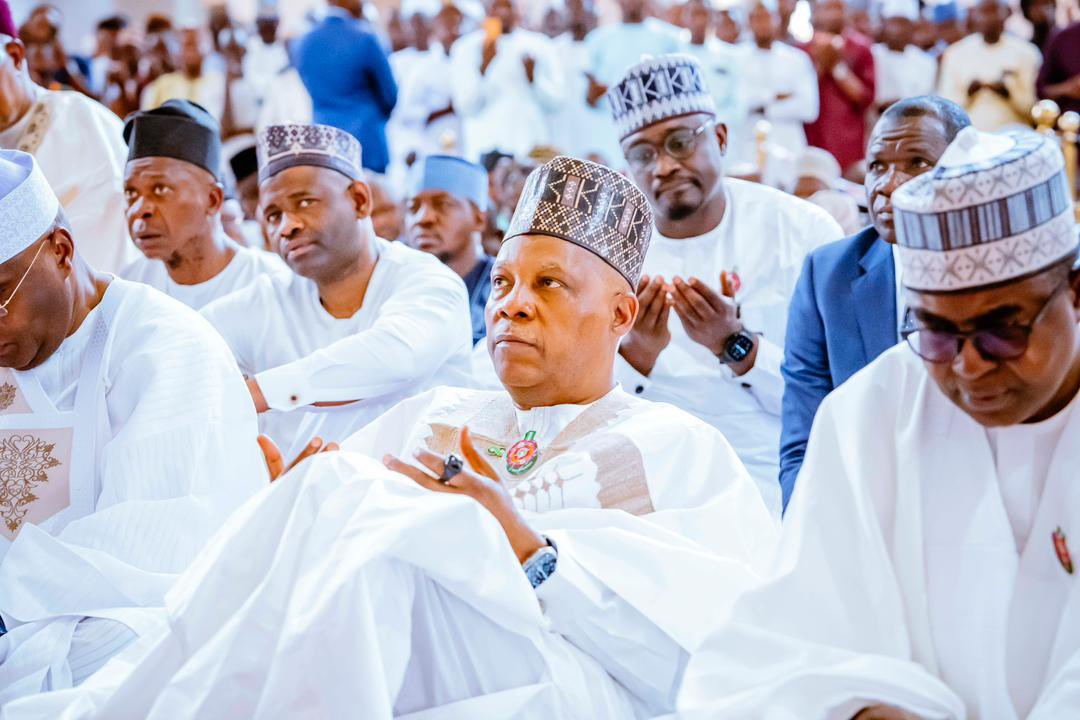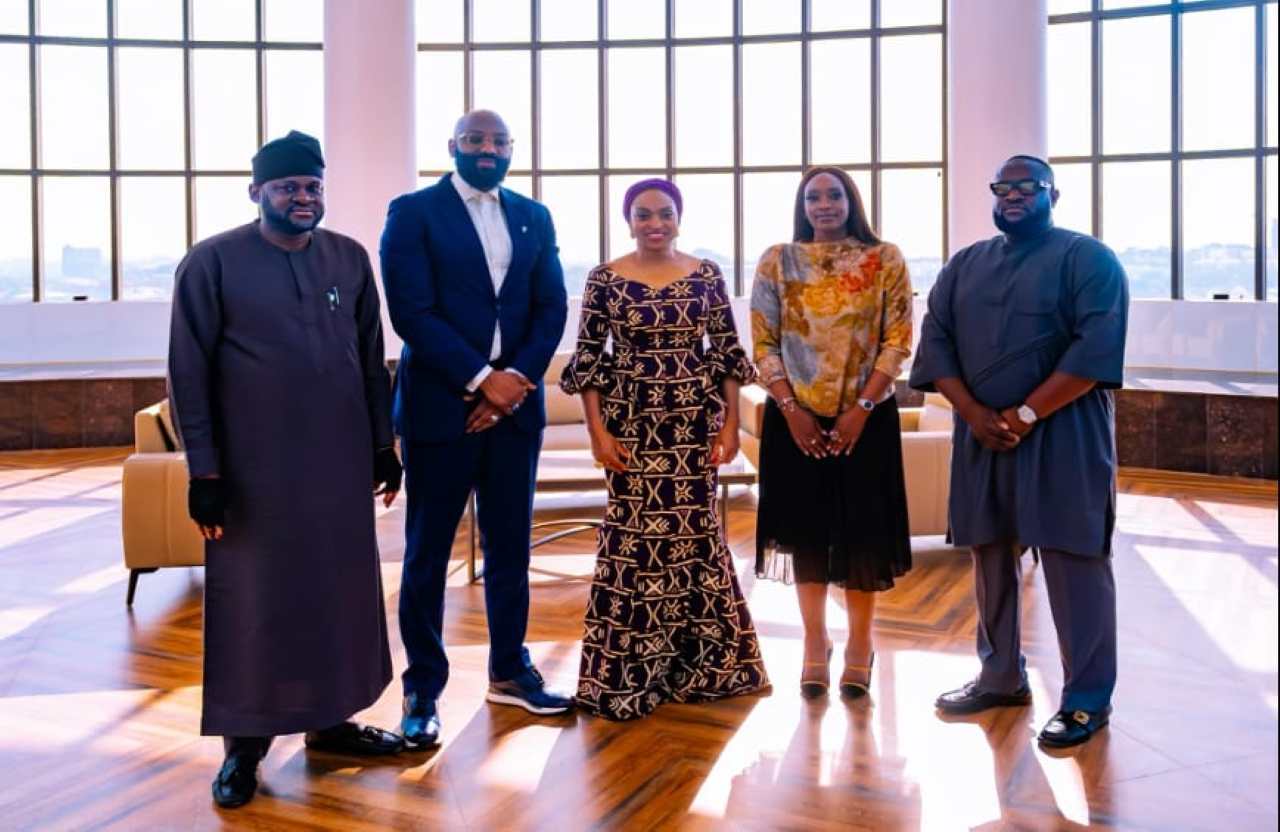
•CNG conversion to take N80 billion
The Federal Government has proposed to spend N6.7 trillion on service-wide items, where former militants in the Niger Delta, ex-presidents and other miscellaneous projects are being classified.
The spending covered under the 2025 Appropriation Bill includes significant allocations under the service-wide vote, amounting to N6.74 trillion.
Under the plan, which includes personnel costs of about N2.26 trillion, with N995.28 billion specifically allocated to salaries and wages, about N65 billion is voted for the reintegration of transformed ex-militants under the Presidential Amnesty Programme.
Allowances and social contributions receive N252.64 billion, including N27.31 billion for allowances to former presidents, vice presidents and other officials, while N24.01 billion is for benefits of retired heads of service and permanent secretaries.
The provision also included N1 billion for severance benefits for retired government agency heads while social contributions take N225.33 billion, with allocations such as N17.31 billion for group life insurance of public servants, including DSS staff and coverage for sensitive assets.
The appropriation also has N4.44 billion earmarked for military retirees under the National Health Insurance Scheme, N4 billion for employee compensation and N5 billion for health insurance of the National Youth Service Corps (NYSC) members.
Insurance of sensitive government assets takes N12.42 billion just as social benefits are allocated N1.02 trillion – covering gratuities (N55.64 billion), pensions (N914.17 billion) and death benefits (N45.92 billion).
Other recurrent costs amount to N1.3 trillion, of which overhead costs account for N1.26 trillion.
Miscellaneous expenditures include N5 billion for sporting activities, N12 billion to cover cost increases and N36 billion for contingency funds.
Under the budget, N100 billion is voted for military operations such as Lafiya Dole, N2 billion for service-wide training on the GIFMIS system, N180.26 billion for special intervention programs, and TSA operations will receive N2 billion.
Another N15 billion is allocated for settling the electricity bills of ministries, departments, and agencies (MDAs).
While the special intervention fund is allotted N200 billion, N609.51 million is planned for administrative charges of the DIA civilian staff and N221.54 billion for the Pension Protection Fund.
Police operations funds receive N70.08 billion, while N100 billion is allocated to the National Poverty Reduction with Growth Strategy, which includes upscaling of social investment programs.
The government also plans to spend N188.47 billion for the GAVI immunisation programme and N845.28 billion for minimum wage-related adjustments.
The government has also budgeted N80 billion for developing infrastructure supporting electric vehicles and compressed natural gas (CNG).
Other allocations include N2.5 billion for federal government staff housing loans and N7 billion for the social housing initiative under the Family Homes Fund. Also, N71.75 billion is allocated to the National Social Insurance Trust Fund, while N25 billion is directed to the Nigeria Youth Development Fund.
Other allocations include N2 billion for the National Social Investment Programme Agency, N50 billion for a student loan scheme and N100 billion for the National Home-Grown School Feeding Programme.
New projects include N887.75 million for the Oba Sikiru Kayode Adetona School of Governance Studies (OSKASGS) and N238.05 billion for the Nigeria Intelligence Agency (NIA) hospital.
To combat malaria, N41.02 billion is allocated for the vaccination of infants, while N2.24 billion is directed toward vaccine and device tracking systems.
Also, N50 billion is allocated for the construction of a Federal Inland Revenue Service (FIRS) building, reflecting the growing emphasis on strengthening institutional capacity.
While the office of Special Adviser to the President on Energy will be spending N1 billion, over N761 billion will be spent on grants and donor-funded projects.






